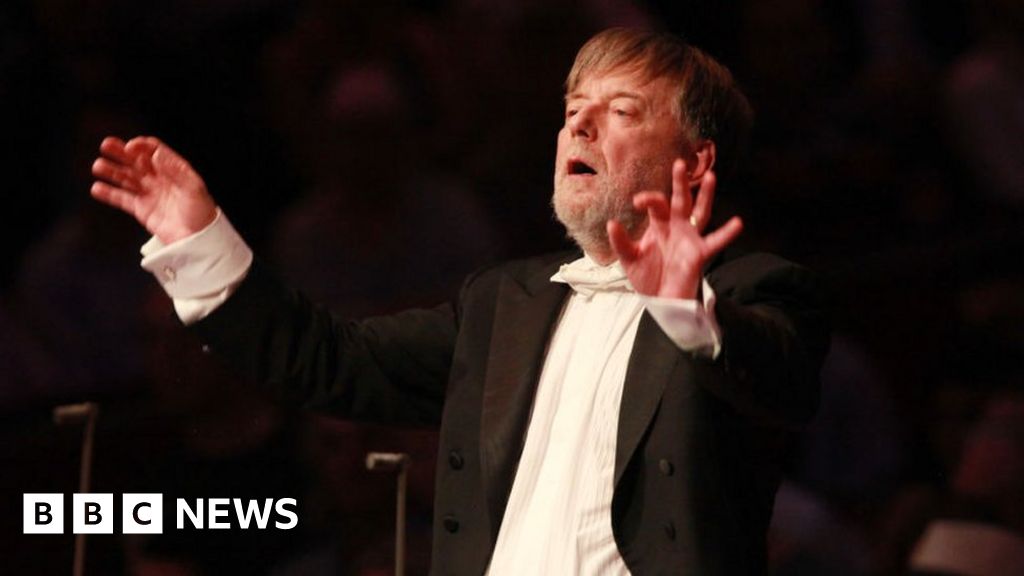
The world of classical music mourns the loss of one of its most eminent figures, Sir Andrew Davis, who passed away at the age of 80. The revered British conductor succumbed to leukemia, leaving behind a legacy that spanned over five decades of enriching the global music scene. His esteemed career included pivotal roles such as the chief conductor of the BBC Symphony Orchestra, a position he adorned with exceptional skill and dedication. Sir Andrew’s death was confirmed by his agent to BBC News, emphasizing that he led “a remarkable, rich, meaningful life” and assuring that his contributions would be celebrated for a long time.
Davis’s association with the BBC Symphony Orchestra marked one of the longest tenures in its history, underpinning his pivotal role in British musical life. Additionally, he was a perennial presence at the BBC Proms concerts in London, where he enchanted audiences not only with his musical prowess but also with his witty and engaging speeches. His ability to connect with both the music and the audience made his performances memorable and highly anticipated.
As news of his passing broke, tributes began to pour in from all corners of the musical world. The Royal Opera House, where Davis had a significant impact, expressed deep sadness over his loss on X (formerly Twitter), recognizing his remarkable leadership across several prestigious opera and symphonic institutions, including his profound influence at Glyndebourne. Similarly, musician and conductor Julian Lloyd Webber took to X to share his personal remembrance, hailing Davis as a “great musician who was wonderful with his soloists,” cherishing their moments together during a Delius Concerto performance in 2012.
Sakari Oramo, the current chief conductor of the BBC Symphony Orchestra, also paid his respects on X, acknowledging with “greatest respect and admiration” everything Davis contributed to music and, in particular, to the BBC Symphony Orchestra & Chorus. This sentiment was echoed by many across the music community, underscoring the breadth and depth of Davis’s influence.
Born in 1944 in Hertfordshire, Sir Andrew embarked on his musical journey at the Royal College of Music and King’s College, Cambridge, where he honed his craft as an organ scholar before venturing into conducting. Over his illustrious career, Davis showcased his versatility by embracing a wide repertoire that spanned from contemporary works back through to the Baroque era. His interpretations and performances were celebrated for their depth, insight, and emotional resonance.
Sir Andrew’s contributions extended well beyond the UK’s borders, with significant tenures leading the Toronto and Melbourne Symphony Orchestras. His role in these international institutions further solidified his standing as a conductor of global repute. Despite retiring from the BBC in 2000, Davis continued to shape the musical landscape, taking up the role of music director with the Lyric Opera of Chicago, where he eventually made his home.
Sir Andrew’s departure from the world has left a void in the classical music community, one that will be keenly felt by those who were touched by his music, mentorship, and friendship. His legacy, however, endures through the countless performances, recordings, and the many lives he enriched through his artistry and passion for music. The world bids farewell to a maestro who conducted not just with his baton, but with his heart, leaving an indelible mark on the canvas of classical music.
Source






